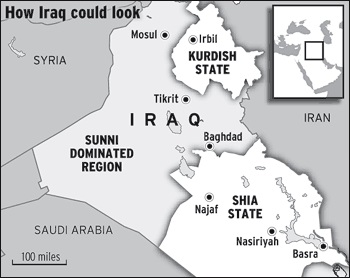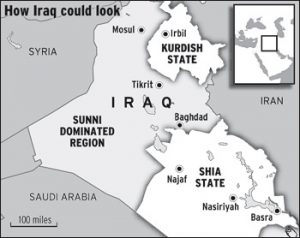Israeli impunity and global helplessness
 It is difficult, almost impossible, to envisage an early negotiated ceasefire to put an end to the unconscionable carnage in Gaza. US Secretary of State John Kerry has been working hard, but with his hands tied. President Barack Obama has spoken more than once to Israeli Prime Minister Benjamin Netanyahu on the need for a ceasefire, but always deferentially.
It is difficult, almost impossible, to envisage an early negotiated ceasefire to put an end to the unconscionable carnage in Gaza. US Secretary of State John Kerry has been working hard, but with his hands tied. President Barack Obama has spoken more than once to Israeli Prime Minister Benjamin Netanyahu on the need for a ceasefire, but always deferentially.
In his public statements, President Obama starts with an endorsement of Israel’s right to self-defence in a manner implying that Israel alone has that right, and not the Palestinians. The US gives enormous support to Israel, financially, militarily and diplomatically. One might have expected that such support would enable the US to have some influence on Israel. But, the truth is that the more the US gives, the more Israel’s clout to influence US policy, and the less the US’s influence over Israeli policy.
Students of international relations cannot find another instance of such an asymmetrical relationship between the recipient and the giver. Hence, the principal cause of the delay in arranging for a ceasefire to be followed by negotiations is the lack of leverage of the US vis-à-vis Israel. (more…)


 At present (July 2, 2014), it is difficult to see how the ongoing implosion of Iraq can be stalled and reversed. The world started taking note of ISIL and its leader Abu Bakri al-Baghdadi, 43, who has been declared as ‘caliph’ of an ‘Islamic State’ claiming sovereignty over a stretch of territory from Aleppo in north western Syria to Diyala in north eastern Iraq only when Mosul fell on June 20th. But, his forces had taken over Raqqa in Syria March 2013; and Falluja in Iraq in January 2014.
At present (July 2, 2014), it is difficult to see how the ongoing implosion of Iraq can be stalled and reversed. The world started taking note of ISIL and its leader Abu Bakri al-Baghdadi, 43, who has been declared as ‘caliph’ of an ‘Islamic State’ claiming sovereignty over a stretch of territory from Aleppo in north western Syria to Diyala in north eastern Iraq only when Mosul fell on June 20th. But, his forces had taken over Raqqa in Syria March 2013; and Falluja in Iraq in January 2014.